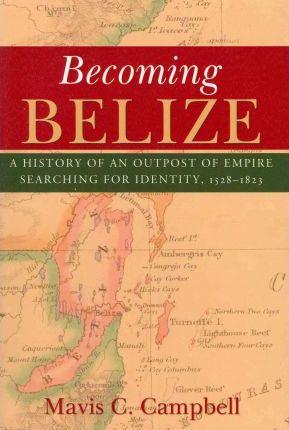Becoming Belize: A History of an Outpost of Empire Searching for Identity, 1528-1823

Becoming Belize: A History of an Outpost of Empire Searching for Identity, 1528-1823
Belize, formerly British Honduras, had a different beginning from most other British Caribbean colonies and was not dependent on sugar production but on the exploitation of the forests for timber. Unlike most books on Belize, this study explores in some detail the early Spanish attempts to colonize the area called Belize today and identifies many of the problems Spain encountered.
Campbell persuasively posits that Belizean history can be pushed much further back from the traditional starting point of either the mid-seventeenth or early eighteenth century. The book provides a compelling thesis on the alliance between the British logwood cutters (the Baymen) and the Miskito Indians who together formed the major counterbalance to Spain's power. The work also explores how social relations under forestry slavery were marked by less outward resistance and violence than that which obtained under the British sugar/slave economies of the region.
Descrierea produsului
Belize, formerly British Honduras, had a different beginning from most other British Caribbean colonies and was not dependent on sugar production but on the exploitation of the forests for timber. Unlike most books on Belize, this study explores in some detail the early Spanish attempts to colonize the area called Belize today and identifies many of the problems Spain encountered.
Campbell persuasively posits that Belizean history can be pushed much further back from the traditional starting point of either the mid-seventeenth or early eighteenth century. The book provides a compelling thesis on the alliance between the British logwood cutters (the Baymen) and the Miskito Indians who together formed the major counterbalance to Spain's power. The work also explores how social relations under forestry slavery were marked by less outward resistance and violence than that which obtained under the British sugar/slave economies of the region.
Detaliile produsului












